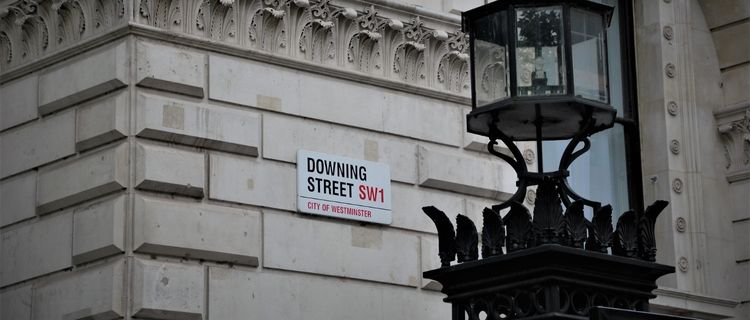
Stephen Bush of the Financial Times said of the budget, “This is, in a word, awful. Awful for households, awful for businesses, awful for society as a whole, and awful, electorally, for the government.”
Whilst Camilla Tominey of the Daily Telegraph professed, “If clobbering workers like this wasn’t bad enough, we also had the man in charge of a supposedly aspiration nation’s purse strings, describing the dividends taken by company bosses as “unearned income”.
Now is not the time to dwell on the detail or regurgitate the same content as everyone else, let’s just focus on eight action points you need to consider:
8 actions to consider as a result of the November 2022 budget
1. If your income is in the £100K+ zone, pension contributions need to be considered. Income between £100K – £125,140 has an effective tax rate of 60% (loss of personal allowance) and income over £125,140 is now taxed at 45%
2. Reduction in the dividend allowance (down to £500 from April 2024) should trigger a review of how any shares/unit trusts are owned. Using an Insurance Bond (Offshore or Onshore) wrapper may now be tax effective.
3. Using the annual Capital Gains Tax (CGT) to “bed and ISA” holdings is common practice. This may get far harder when the annual allowance reduces to £3,000 per person and per annum, likewise “rebalancing” Non-ISA assets now should be looked at to try and reduce any future CGT liability.
4. As a result of the above CGT changes, Trustees and Trust may need to reconsider how Trust assets are held, again, might an Insurance Bond wrapper offer deferral or tax mitigation options?
5. Similarly, anyone contemplating the sale of a property subject to CGT may look to bring this forward before reductions in the CGT allowances start.
6. A continued freezing of Inheritance (IHT) Tax allowances should also spur those with IHT challenges to act sooner rather than later.
7. The lowering of the 45% Income Tax rate (from 6th April 2023) could result in better pension contribution planning post 6th April 2023, but this needs looking at on a case-by-case basis. If you are contemplating using “carry forward” (unused pension contributions from three previous tax years) then look at this now and compare what difference any deferment may look like.
8. Whilst the freeze in the pension lifetime allowance (£1,073,100) will restrict the full tax benefits of pension funding for many, there can still be advantages in continuing to fund even where you may exceed it. For example, where employer contributions are offered with no cash alternative or where your income falls into the 60% income tax band (£100K – £125,140).
If you would like to discuss any points in this article, please send us a message by completing the form below or calling on 01825 76 33 66.
